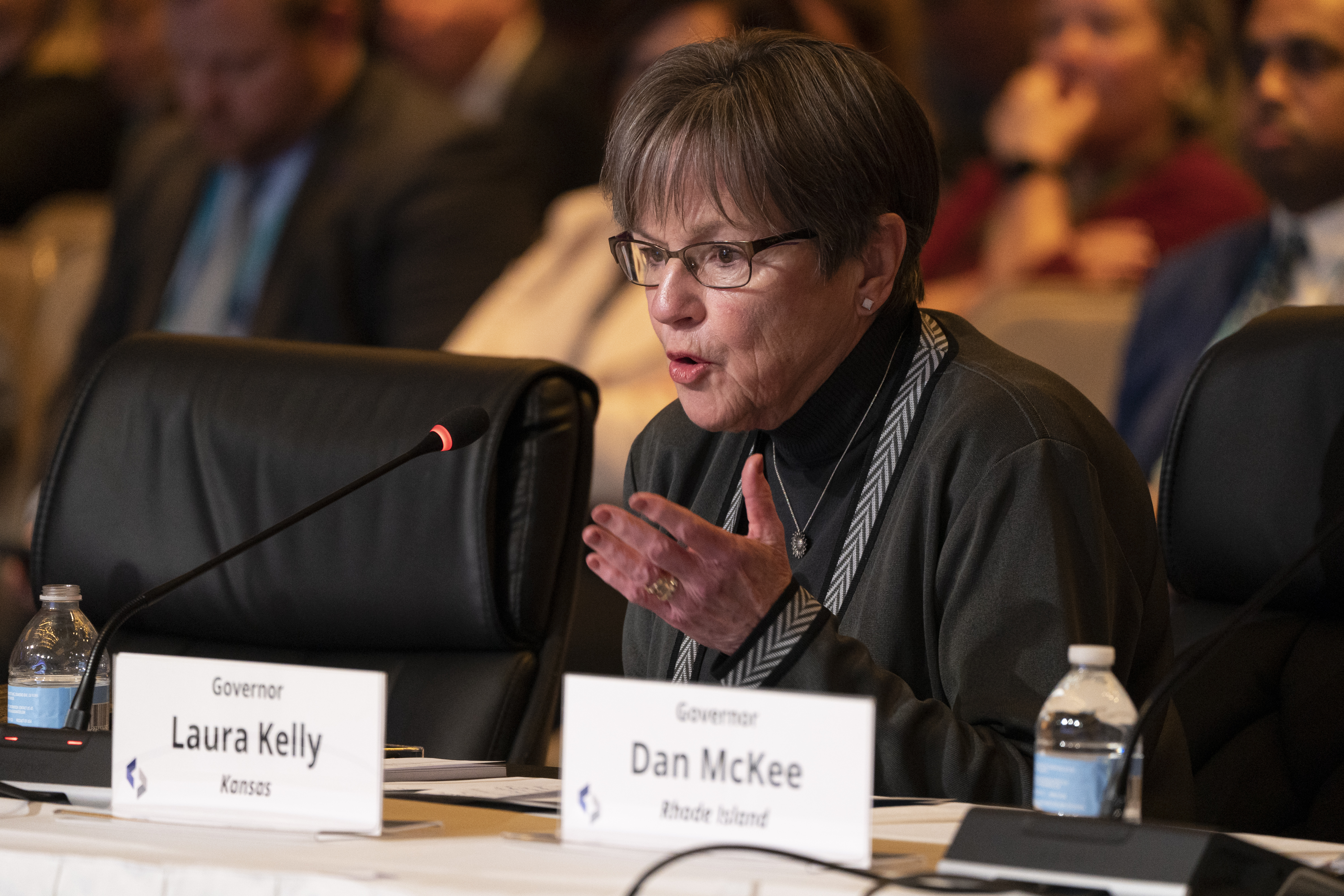Bridging The Workforce Ecosystem: The Power of True Interoperability
We all know the frustration of running an outstanding learning program only to encounter challenges connecting talented individuals with available...
2 min read
Terron Sims, II Feb 15, 2023 2:23:31 PM

Military families have long struggled with the challenges posed by regular reassignments to new states. These PCS (Permanent Change of Station) moves create a strain on family economics and limit the careers of non-military spouses.
Delays in getting military spouses to work quickly upon moving to a new state negatively impacts that state’s economy and hinders the recruiting of high-demand professions like teachers and nurses. At the core of these challenges are state licensing and credentialing laws that make it difficult for the spouse to get back to work quickly in her chosen profession.
Governor Laura Kelly (D-Kansas) took a major step forward at the National Governors Association meeting in Washington D.C. on Saturday, February 11.
“I'm a military brat. By the time I was 14, I had moved twelve times,” she told the room of Governors. “Well, my mother had also moved twelve times and had to move three other kids twelve times and was not able to work because she was not allowed to take her skill set from one state to one country and back.”
This is an issue that impacts thousands of military families. The licenses and credentials they have earned during their careers are generally not transferable to new states unless states grant reciprocity. More than 1 in 3 military spouses work in an industry that requires an occupational license and nearly 15% of military spouses move across state lines in any given year. That makes it incredibly difficult to maintain careers as they move from state to state.
Governor Kelly is eager to do as much as she can to assist military spouses. In October, she hosted a roundtable with military families and veteran leaders, the private sector, including myself and Merit CEO Tomer Kagan, to learn more about how she could best operationalize the legislation. "Merit can provide to any state that needs it – the technology to solve the last mile by making the transfer of license from one state to another, safe, secure and instantaneous,” says Sims.
The participants discussed the importance of technology in making the system work efficiently for military families, a key part of the ASPIRE mission. Besides supporting reform, ASPIRE is encouraging states to the path to employment using digital infrastructure for license and credential reciprocity and recognition.
“We have a pretty big military presence in the State of Kansas and so we have a lot of people coming into Kansas and we have a lot of people potentially leaving as they separate from the service. And so, we have worked diligently to create laws that will make coming to Kansas more attractive and provide for the spouses of those being transitioned to Kansas to be able to work,” the Governor told her colleagues.
Governor Kelly then announced: “Kansas became the first state to join with the [ASPIRE] coalition…. which is the Alliance for States Providing Interoperable Reciprocity. This would be a digitalized system that will allow states to upload their reciprocity agreements and will allow military families from across the nation or be able to access that so they know if they move into Kansas.”
She encouraged the assembled governors to join her, “So, I would encourage my colleagues to really give serious consideration to joining in with ASPIRE because I think the more that we create compacts and arrangements between our states using the same platform, it'll make it easier for all of those military families.”
Judging from the nods around the room and the gathering around her after the announcement, other states are not far behind. They will make a big difference, but the honor of being the first state to join ASPIRE will always belong to Kansas Governor Laura Kelly.
We all know the frustration of running an outstanding learning program only to encounter challenges connecting talented individuals with available...
Connecting learners and job seekers to meaningful pathways requires steady collaboration between education, workforce, and training agencies. When...
Merit and Associated Builders and Contractors (ABC) of Iowa have announced a partnership aimed at digitizing apprenticeship records and modernizing...